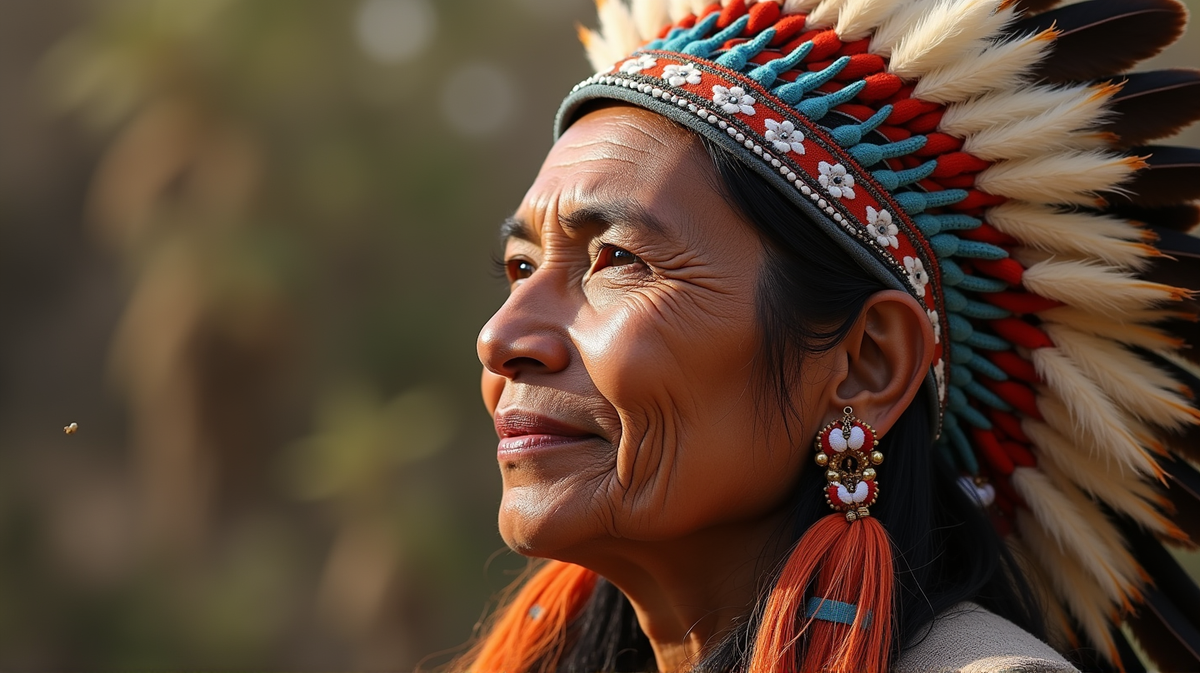A Bold Move: Omaha Tribe Champions Cannabis Legalization
Omaha Tribe leads Nebraska cannabis reform with historic legalization, asserting sovereignty and economic growth.

Leading the Way in Nebraska
In an unprecedented move, the Omaha Tribe of Nebraska has taken a groundbreaking step by becoming the first authority in the state to fully legalize and regulate both medicinal and recreational cannabis. This remarkable decision, unanimously supported by the Omaha Tribal Council, marks a significant shift in the regional conversation on cannabis reform.
According to Attorney General John Cartier, the tribe is not merely waiting for conventional systems to effect change. “We are asserting our sovereign right to govern and protect our community, building a sustainable economy that reflects our values,” Cartier stated with resolve.
Impacts on Community and Economy
The strategic introduction of the new Title 51 Cannabis Control Code is set to transform the economic and social landscape of the Omaha Tribe. This comprehensive legal framework is poised to create job opportunities, generate revenue, and enhance investments in critical areas such as health, education, housing, and infrastructure.
With the social equity framework embedded into the law, the tribe aims to rectify past injustices associated with cannabis criminalization. The Tribal Code outlines a process for expunging prior cannabis offenses, aiming to restore balance to those disproportionately affected by former laws.
Asserting Sovereignty and Building Opportunity
At the heart of this decision is the tribe’s determination to exercise its sovereignty. The new law explicitly rejects attempts by outside authorities to encroach on tribal jurisdiction, emphasizing that any such efforts would be a violation of tribal sovereignty. Should there be infractions, the tribe stands prepared to pursue legal action to defend its autonomy.
“This initiative is about more than cannabis,” stated Omaha Tribal Chairman Jason Sheridan. “It’s about real opportunity for our people and asserting our leadership position in the region.”
Forward-Thinking Regulation
The establishment of the Omaha Cannabis Regulatory Commission is a testament to the tribe’s intention to maintain rigorous oversight. The commission will regulate all aspects of adult-use and medicinal cannabis, including licensing, taxation, and public education.
The Tribal Code also introduces excise taxes, with provisions to allocate a portion of revenue to support low-income patients. The commission emphasizes compassionate care, prioritizing patients in dire need, especially among the community’s youth, elders, and veterans.
A Contrast to State Hurdles
While Nebraska’s rollout of legal marijuana has faced hurdles, including threats of litigation against state authorities, the Omaha Tribe’s progressive stance offers a vivid contrast. “Despite the public’s overwhelming support, the state has hesitated,” Cartier noted, highlighting the tribe’s initiative as an assertive answer to state indecision.
As Omaha prepares for a phased rollout of its cannabis program, the emphasis remains on collaboration, innovation, and adherence to tribal sovereignty.
The Omaha Tribe of Nebraska’s stance is an inspiring example of leadership, setting a precedent in cannabis legalization that other regions may well follow. As Cartier emphasized, “The time to act is now.”
This story was originally published by the Nebraska Examiner on July 22, 2025.





